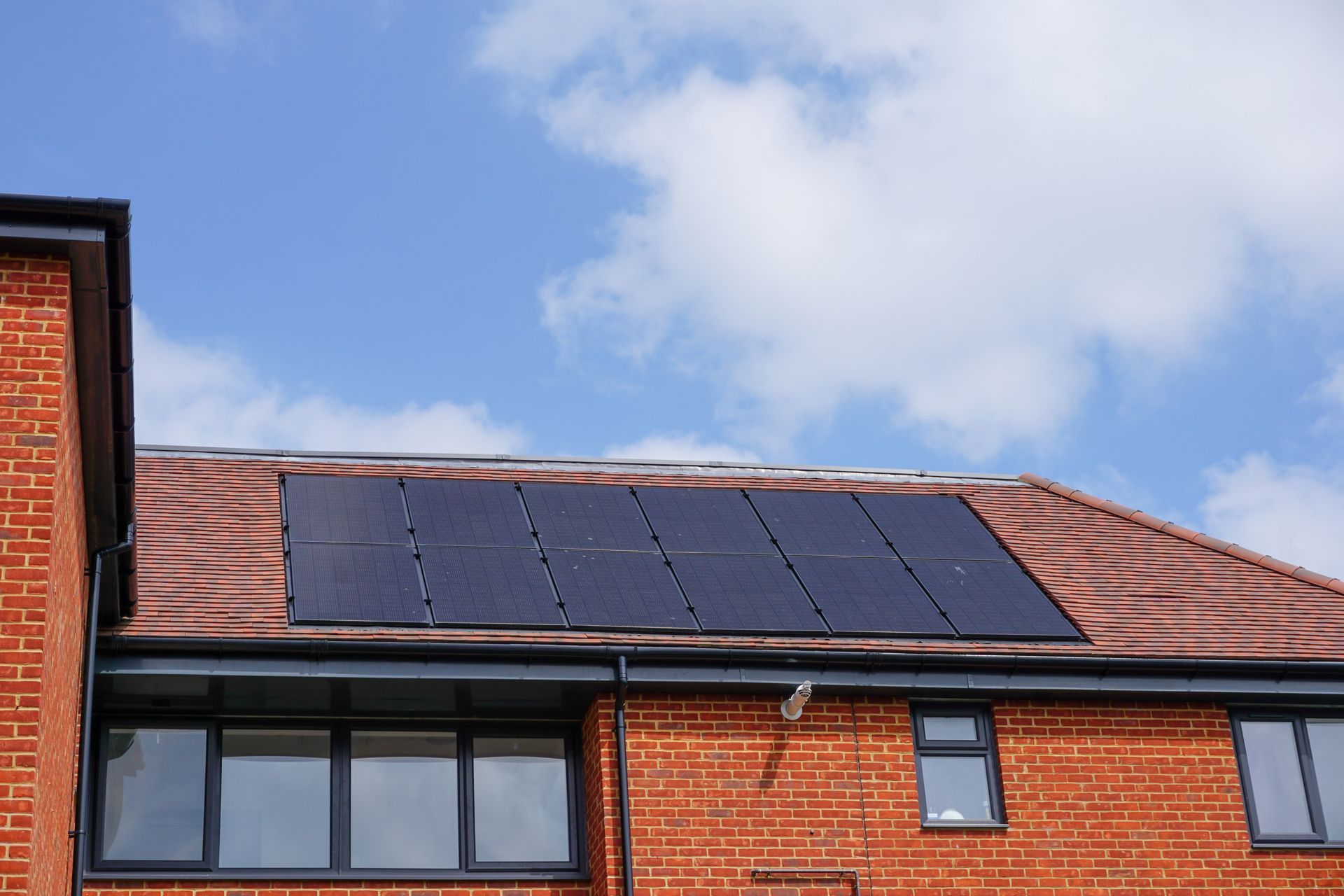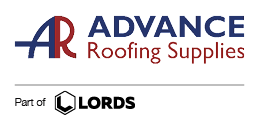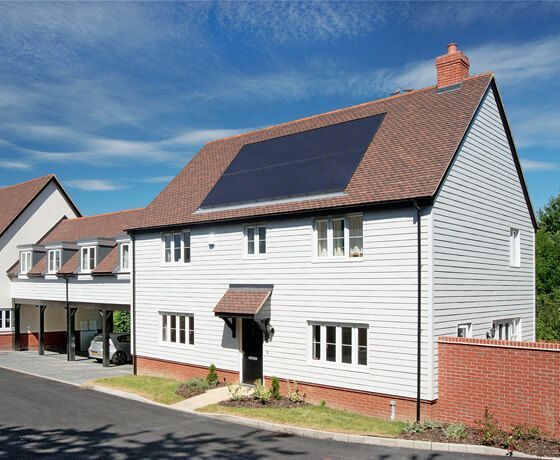The Financial Benefits of Solar Panels
Financial reasons to consider solar power for your home.
Thinking about making the switch to solar energy? You're not alone. Homeowners across the country are increasingly looking to solar panels as a way to be more eco-friendly and save money on their electricity bills. But beyond the environmental benefits, there are some compelling financial reasons to consider solar power for your home.
Slash Your Electricity Bills
The most significant financial benefit of solar panels is the long-term reduction in your electricity costs. By generating your own electricity during the day, you'll rely less on the traditional power grid, leading to lower monthly bills. The amount you save will depend on factors like your energy usage, sunlight hours in your area, and the size of your solar system.
Increased Home Value
Studies have shown that homes equipped with solar panels tend to sell for a higher price compared to similar homes without them. Solar panels are seen as a valuable upgrade by potential buyers, demonstrating energy efficiency and a commitment to sustainability.
Potential for Additional Income
Some utility companies offer net metering programs, which allow you to sell excess electricity generated by your solar panels back to the grid. This can provide you with additional income and further offset the cost of your system.
Long-Term Savings and Investment
Solar panels are built to last, with lifespans exceeding 25 years. Once the initial installation cost is paid off, you'll enjoy years of free electricity generation and significant savings on your energy bills.
Making the Switch
While there's an initial investment involved, the financial benefits of solar panels can be substantial. Before making the decision, it's important to research reputable solar panel installers in your area and get quotes tailored to your specific needs and energy consumption. With careful planning and taking advantage of available incentives, solar panels can be a smart investment for your home, saving you money and increasing your property value for years to come.

New Paragraph
Contact us
Tring: 01296 660 260
Aylesbury: 01296 423316
Beaconsfield: 01494 879 535
Information
Sign up for our newsletter
We will get back to you as soon as possible.
Please try again later.

